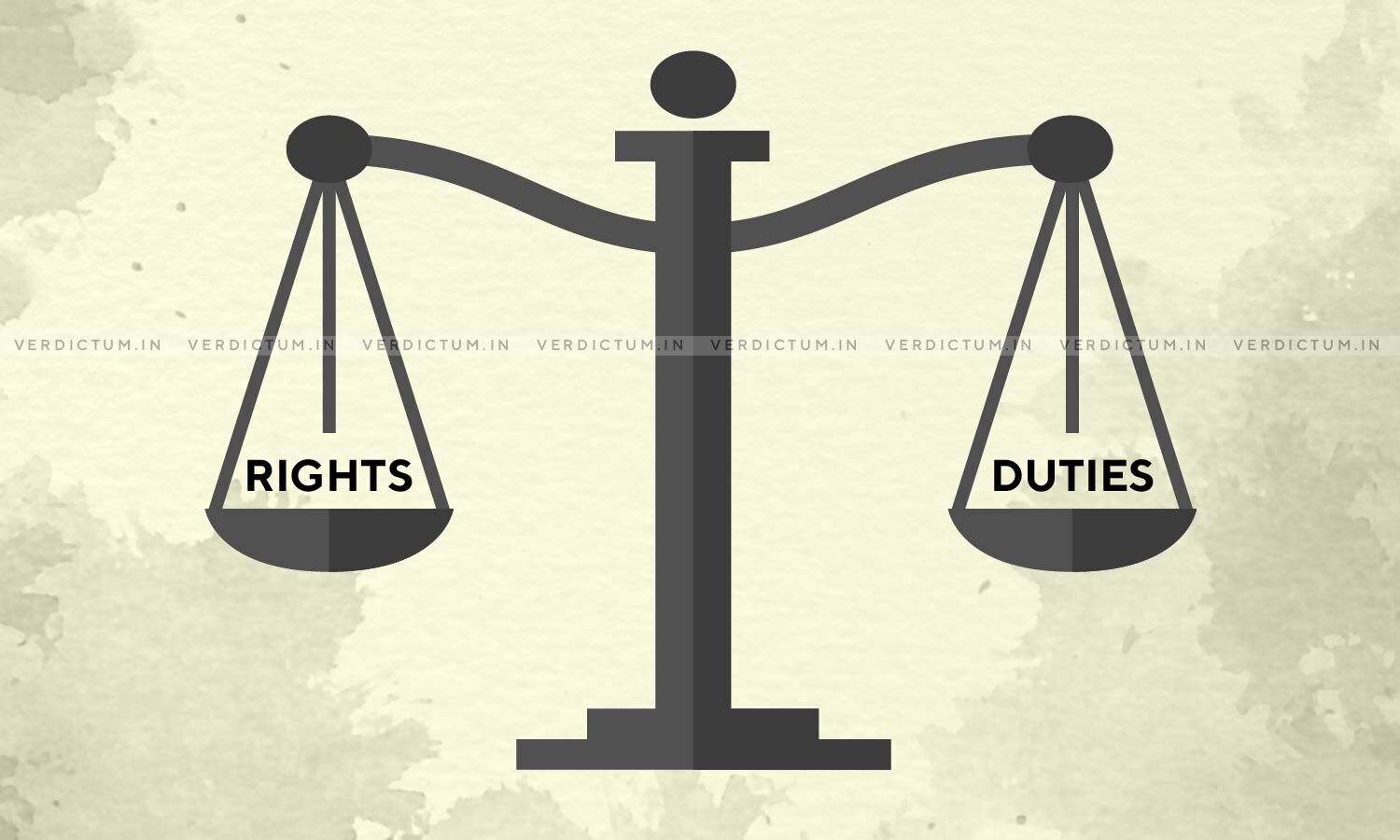
It’s no secret that music can have a profound effect on our emotions and feelings. But what’s the science behind it? Why do we get all teary-eyed when we hear “I’ll Be There” by The Jackson 5? And why do we feel like dancing when we hear “Happy” by Pharrell Williams?
The power of music to influence emotions is a well-established and fascinating aspect of human psychology. Music has the unique ability to evoke strong emotional responses and can profoundly impact our mood, feelings, and even physiological responses. This influence is attributed to a combination of factors, including melodies, rhythms, harmonies, and lyrics.
Let’s explore how these elements contribute to the emotional impact of music:
Melodies
Melodies are the sequences of musical notes that form the main theme of a piece of music. Certain melodic patterns, whether simple or complex, have the power to evoke specific emotions. For example, fast and upbeat melodies often induce feelings of joy, excitement, or happiness, while slow and melancholic melodies can elicit sadness or introspection.
Melodies tend to be more memorable than lyrics because they are just sounds (or combinations of sounds). Even if you cannot understand the words being sung in a particular song, you may still be able to hum along with it because of its catchy melody. This is why some people like to play music while they are doing chores around the house—it helps them forget about their tasks at hand!
Rhythms
Have you ever wondered why certain songs make you feel so energized, while others can calm your nerves and relax you? The answer lies in the rhythms of the music. Rhythms are patterns of sound that repeat throughout a song. We can hear rhythms when we listen to music, but they’re also present in other aspects of life—from the ticking of a clock to waves crashing on a beach.
The rhythmic patterns in music can affect our emotions by altering our heart rate and breathing. Upbeat and energetic rhythms tend to increase our energy levels and create a sense of motivation, while slow and steady rhythms can promote relaxation and calmness.
Harmonies
Harmonies refer to the simultaneous combination of different musical notes, creating chords. The type of harmony used in a song can influence its emotional impact. For instance, major chords often evoke feelings of contentment and optimism, while minor chords tend to create a sense of sadness or introspection.

The key signature is the set of sharps or flats that appear at the beginning of every staff. Key signatures tell you which scale degree is important in each measure and make sure that your music sounds in tune with itself even if you’re playing it on different instruments that have different tunings.
There are two types of key signatures: major and minor. Major keys use sharps or flats for their key signatures, while minor keys use only sharps or flats as accidentals to mark notes out of key as chromatic alterations (e.g., sharps/flats).
Lyrics
The words and messages conveyed through song lyrics play a crucial role in shaping emotional responses. Lyrics that tell a compelling story or convey deep emotions can resonate with listeners on a personal level, making them more emotionally engaged with the music.
This is not to say that artists should create songs that are solely about themselves—in fact, some of the most popular songs of all time are about love and relationships. However, it’s important for artists to be open and honest when writing lyrics, as this will allow listeners to relate on an emotional level with their music.
Cultural and Personal Associations
The music you choose to listen to can be a powerful way to evoke emotions.
Research has shown that music can trigger emotional responses as strong as those evoked by images. When we hear a song that reminds us of an important event or memory in our lives, it can have an intense effect on us. It can even stir up our emotions more than if we were to see the same image or memory again.
Let’s say you’re listening to your favorite song and suddenly you think of your first date with your husband. You might feel butterflies in your stomach and get goosebumps because of how much that memory means to you! Or maybe the song makes you think about how much time has passed since then—and it makes you sad because those days seem so far away now. All this from just one song! Music also has the power to elicit strong emotions when used in therapy sessions or meditation practices.
Neurological and Psychological Effects

It has recently been discovered that music has many benefits beyond just recreation. It can be used to enhance your mood, increase productivity at work, and even provide relief from chronic pain.
The most recent research has shown that listening to music can trigger the release of various neurotransmitters and hormones in the brain, such as dopamine and oxytocin. These chemicals are associated with feelings of pleasure, reward, and bonding further enhancing the emotional experience of music.
In addition to these positive effects on our brains, there are also many psychological benefits of listening to music. People who listen to their favorite songs have been found to have increased memory retention, better concentration during tasks, and improved problem solving skills compared to those who did not listen to any music while performing these same activities. Also there are several other neurological benefits associated with listening to music including increased blood flow in certain areas of your brain which helps improve overall brain function.
Coping and Expression
Music can be a powerful tool for emotional expression and coping with difficult emotions. Many people turn to music as a way to process their feelings, find solace, or share experiences with others.
In order to use music in this way, you need to understand how it affects our minds and bodies. Music can affect our mood and emotions by triggering neurotransmitters like dopamine and serotonin in the brain. When we listen to music that we enjoy or connect with, it triggers the release of these chemicals which makes us feel good! This can help us feel more relaxed or happy during times when we are feeling stressed or anxious.
The emotional power of music has been recognized and utilized across cultures and throughout history. Music therapy, for example, is an established field that uses music to address emotional, cognitive, and social needs in various populations. Additionally, the music industry strategically employs emotional elements in songs to create hits and resonate with listeners.
In conclusion, the combination of melodies, rhythms, harmonies, lyrics, personal experiences, and neurological responses all contribute to the power of music to influence our emotions. It is a universal language that has the ability to move us, inspire us, and bring us together in shared emotional experiences.
RUCHI RATHOR Founder & CEO
Payomatix Technologies Pvt. Ltd.
FOUNDER AND INVESTOR | PAYMENTS PROCESSING EXPERT | MERCHANT ACCOUNT SOLUTIONS | WHITE LABELLED PAYMENT GATEWAY | Dreamer, Creator, Achiever, Constantly Evolving
Website Ruchi Rathor: https://ruchirathor.com
Website Healing Heart https://thehealingheart.me/
Instagram https://www.instagram.com/_ruchirathor_/
LinkedIn https://www.linkedin.com/in/ruchirathor12/
Facebook https://www.facebook.com/ruchi.rathor.magnificient
Tumblr https://www.tumblr.com/blog/ruchirathor-thehealingheart
Medium https://medium.com/@ruchirathor_23436









